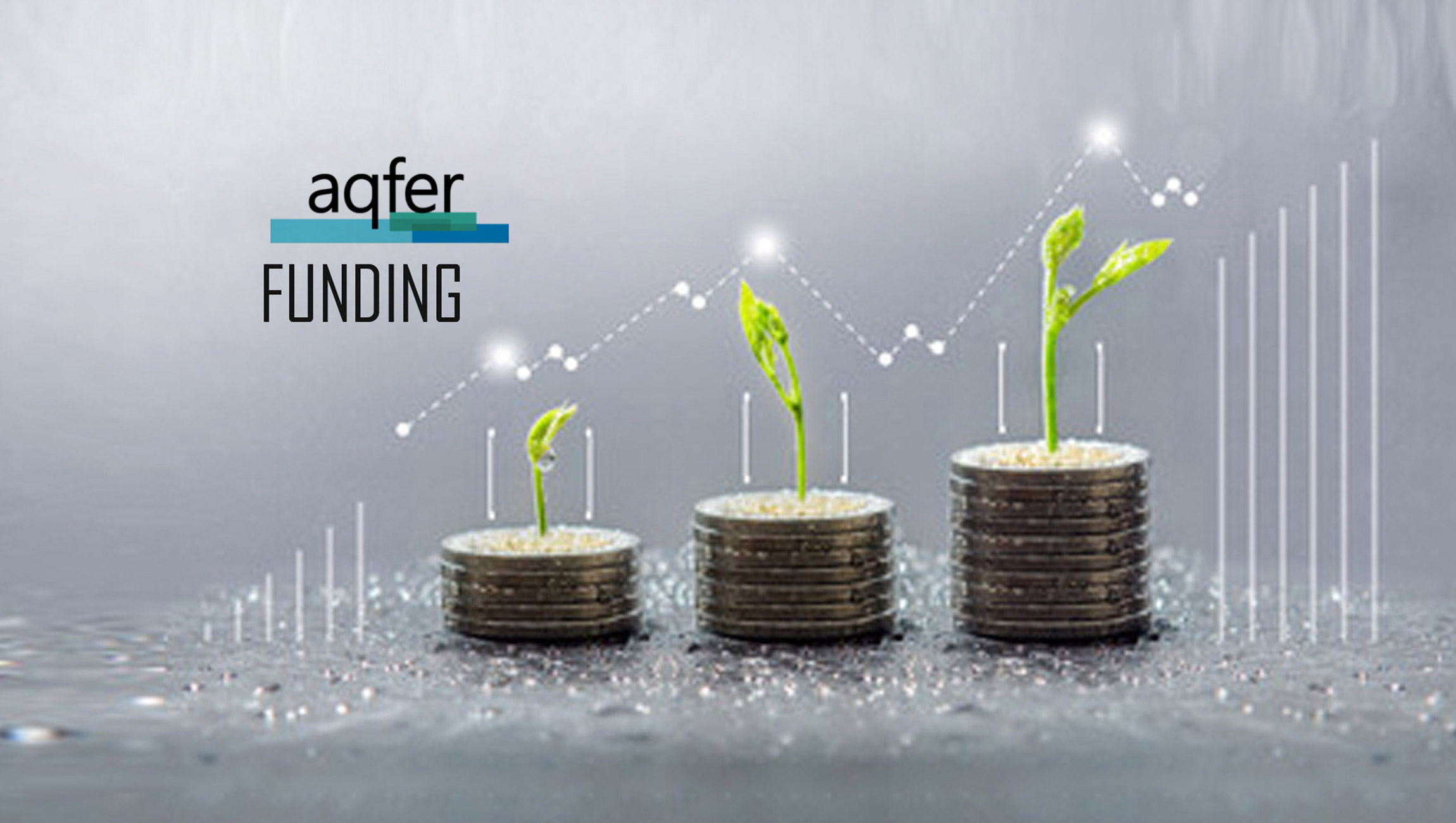New research reveals speed of response is most important factor for 23% of consumers; highlights perception gap between consumer expectations and brand performance
Twilio, the leading cloud communications platform, published new research highlighting a perception gap between the experiences consumers want and those they actually receive. Over half (52%) of consumers still want better engagement from the brands they interact with – despite many industries delivering improved response times during the course of the pandemic.
To gather industry perception and engagement statistics, social listening was conducted for 98 UK brands on Twitter, taking data from both July 2020 and July 2021, while 2,000+ consumers were surveyed in September 2021.
Marketing Technology News: Song fi Non-Fungible Tokens (NFT’s) Allow Musicians and Artists to Finally “See the…
The perception gap: brand reality vs. customer expectations
With the rapid move from in-person to online interaction in March 2020, the ways in which people interacted with brands underwent a massive change. How brands interacted with their customers in this new world was very much under the spotlight and continues to be in 2021.
However, the analysis shows that brand and consumer perception of what equates to ‘good’ is very different.
For example, whilst speed of response was selected by the highest proportion (23%) of consumers as the most important indicator of ‘good’ customer engagement, the best performing industries in this area did not deliver what consumers perceived as the ‘best’ at customer engagement.
The top industries in which brands improved their response times on social channels were (July 2020 to July 2021):
- Consumer banking: improved by 60% (from 259 minutes in July 2020 to 103 minutes in July 2021).
- Telcos: cut down average response times by 50% (from 306 minutes in July 2020 to 153 minutes in July 2021).
- Retail brands: improved by 29% (from 397 minutes in July 2020 to 283 minutes in July 2021).
- By comparison, other industries were only able to improve their response times by 1-12% over the last year. [Figure 1]
Yet, the consumer perception survey paints a slightly different picture of which industries consumers think are the best at customer engagement [Figure 2]:
- The seemingly good: scores from the consumer research from both years indicate that supermarkets and retail banks were best at customer engagement, with 62% and 41% of respondents ranking these verticals in their top three respectively for 2020; 54% and 37% for 2021.
- And the bad: hotel, airline and telecom companies scored much lower in comparison, with just 3% (hotels), 2% (airlines) and 3% (telecoms), considering these industries as the best at customer engagement in 2020 and a similar story in 2021.
If speed of response is a key indicator of ‘good’ customer engagement, then there is likely an expectation of an alignment between brand reality and consumer perception. It is therefore apparent that speed of response is just one element that consumers look for when judging a brand and that this alone won’t drive positive customer engagement.
Marketing Technology News: A Smarter Way to Use Third Party Data
Dissecting the disconnect: what makes great customer engagement
With consumers not satisfied by improved speed of response alone, it raises the question: what makes great customer engagement? The research revealed that more is needed to achieve overall excellent customer engagement.
Other highly valued qualities included consistent query handling with one point of contact (15%), customers feeling understood and listened to (10%) and being offered their preferred method of communication (10%).
Over half of consumer respondents (52%) also expressed a change in their expectations for how brands should communicate over the pandemic, including voicing greater demand for flexibility (18%) and more empathy in communications (12%).
David Parry-Jones, senior vice president, EMEA at Twilio said, “Today, every customer interaction counts. While speed of response plays a part in good customer engagement, today’s consumers have high expectations across the board: they also expect flexibility, consistency and the ability to pick up a conversation where they left off.”
“With an ever-increasing number of digital touch points, businesses are presented with a goldmine of customer insights. Ultimately those who win when it comes to customer engagement will be those who leverage this first party data to create truly personalised experiences that reflect customers’ needs,” Parry-Jones finished.
Methodology
Social listening on Twitter
Conducted by Realise Unlimited, this research is based on data extracted using the Twitter Premium Search API and the Twitter Get Status API. The Twitter activity was taken from feeds for a number of top brands in each sector under review, for July 2020 and July 2021. A conversation has been defined by a series of replies including at least one reply by the brand. In some instances the conversation may continue in other channels such as DM or email but this analysis only covers the social media part of any conversation.
“Customer service” conversations have been flagged for analysis, where fewer than 5 people are involved in the conversation. If more people are involved this is assumed to be another kind of customer engagement interaction. Deleted tweets and private DMs, either by a brand or a user, are not available for this analysis.
Consumer research
Walnut Unlimited’s Omnibus is a quantitative syndicated survey conducted twice a week. The survey is conducted online, interviewing a nationally representative sample of 2,000 GB adults (aged 18+). Interviews are completed by members of Walnut’s new vista panel who have agreed to take part in the surveys. Participants are invited by email which are sent to panellists selected at random from our panel. Walnut always intends to complete all aspects of projects in-house; however, they reserve the right to outsource some elements using approved suppliers (e.g. panel partners). The responding sample is weighted to the profile of the sample definition to provide a representative reporting sample. The nationally representative profile is based on census data collected by the Office for National Statistics.
Marketing Technology News: Why 99% Of Your Website Visitors Bounce (And How To Fix It)











